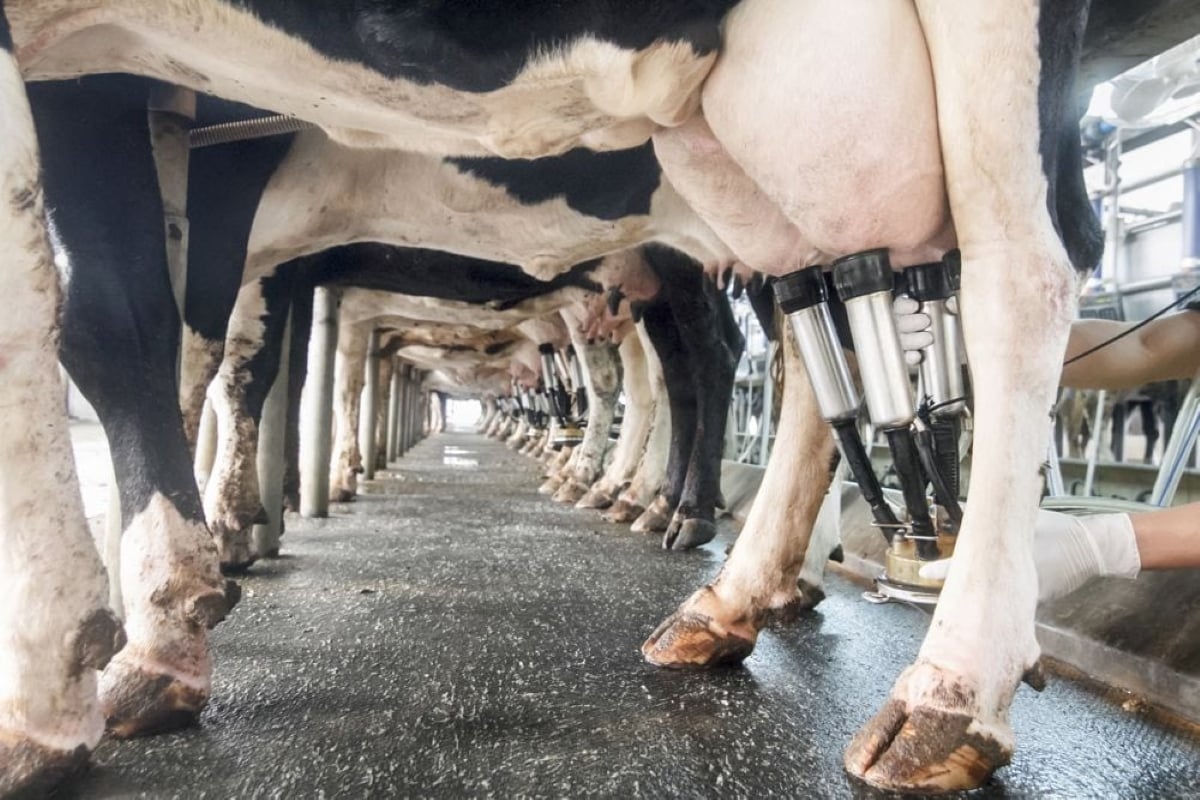Saskatchewan’s grain bag recycling project has received funding to run another year.
The federal and provincial governments today said $100,000 would be spent on the program, which includes grain bags and twine.
Federal agriculture minister Gerry Ritz said the high level of participation in the program indicates farmers want to responsibly dispose of grain bags.
Since the project was started in March 2011, about 325,800 kilograms of plastic grain bags (2,172 bags) and 6,600 kg of twine have been recycled.
The province’s environment minister is working on regulations to develop a permanent, industry-led program for 2015.
Read Also

Farm gate milk price to rise in 2026
The Canadian Dairy Commission will raise its farm gate milk price by 2.3255 per cent in February, the Crown corporation announced on Friday.
The pilot project is administered by Simply Agriculture Solutions, formerly the Provincial Council of Agriculture Development and Diversification Boards, and is funded through Growing Forward 2.
Travis Quirk, agricultural plastic recycling co-ordinator at Simply Agriculture Solutions, said one of the goals is to add other plastics to the program. That would include silage plastic and net wrap.
Collection sites for grain bags and twine are located in Cudworth, Hirsch, Humboldt, Kelvington, Macoun, Mankota (twine only), Milestone, Moose Jaw, Mossbank, Oungre, Prince Albert, Rush Lake, Unity and Viscount.
Where recycling isn’t available, producers should check with their nearest landfills to find out if grain bags can be taken there.














